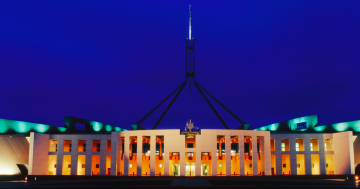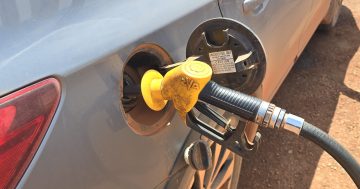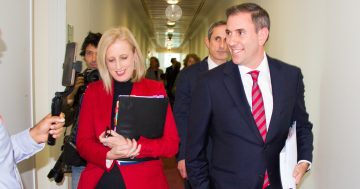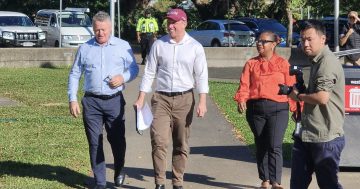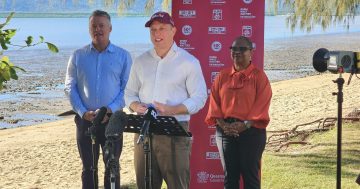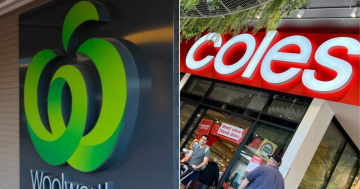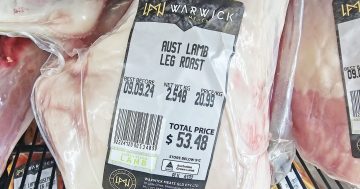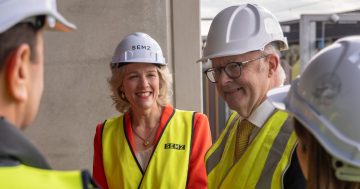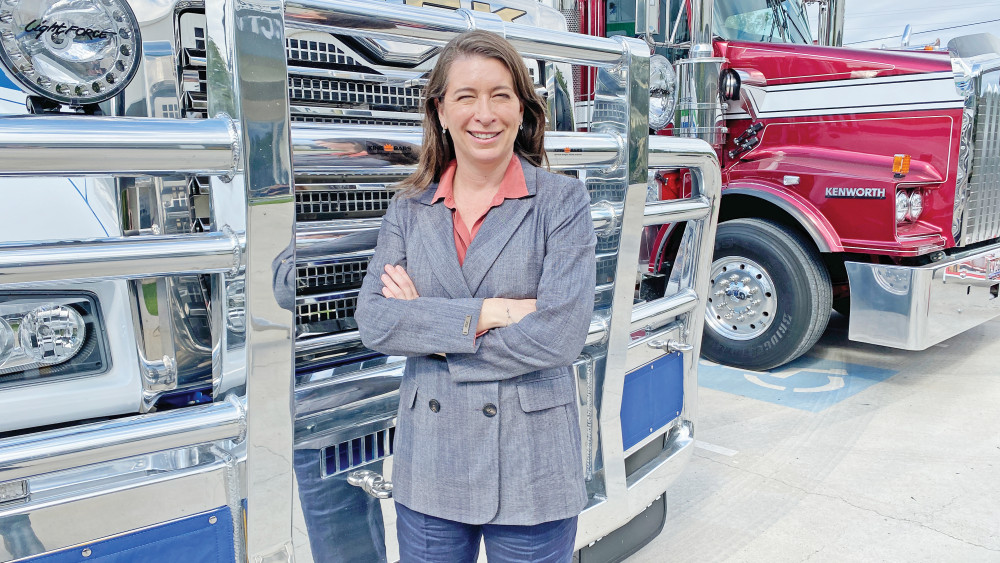
LNP Senator Susan McDonald believes her government should consider pausing the fuel excise tax to provide relief for motorists at the bowser.
HITTING the pause button on a fuel excise tax would provide instant relief for motorists as the federal government faces pressure to act on soaring prices.
Bamaga Enterprise Limited pointed out the tax when informing the community about likely price rises from its businesses in the Northern Peninsula Area.
BEL runs the Bamaga service station, as well as the Bamaga Tavern and Cape York Peninsula Lodge.
“As you have likely noticed, fuel and gas prices have recently increased significantly, with some of the highest costs in Australia’s history, and there may be more pain to come,” BEL said in a statement.
“Gas has increased by almost 32 per cent for an 8.5kg bottle.
“Sea Swift’s ships obviously use a lot of fuel, and the company works off a formula approved by the ACCC to calculate a fuel levy on shipments.
“In March this was 24.41 per cent, which was effectively set before the war in Ukraine had started, and could well increase from April.
“It presently costs around 30 cents per litre in freight to ship ULP to Bamaga, which includes a 25 per cent dangerous goods levy that Sea Swift incurs.
“There is also the cost to BEL to lease the ISO containers that carry the fuel, plus the cost of delivery from the terminal in Cairns to the Sea Swift vessel.
“It should be noted that the federal government imposes a fuel excise of 44 cents per litre of fuel – almost a fifth of the bowser price. It’s important to understand that the retail service stations are not responsible for the price increases in gas and fuel. BP Bamaga does not make a bigger profit when prices increase – in fact the opposite is true.
“This has wider impacts than just the cost of fuel at the BP Bamaga servo; the cost of food and products at the wholesale level in Cairns and elsewhere are flowing through to Bamaga because of the increased costs for trucking companies delivering to wholesalers.”
SENATOR SPEAKS OUT
THE federal government is facing calls from within its own ranks to consider temporarily reducing the fuel excise to save motorists at the bowser.
The fuel excise is a flat tax placed on fuel, currently sitting at just over 44 cents per litre, which the government argues pays for road infrastructure.
Queensland LNP Senator Susan McDonald said the government had to do something, and the fuel excise was the “bluntest instrument” available.
“The idea of pausing the fuel excise, or a portion of it, I think is something that we’re going to have to look at,” she said.
“Because we just can’t afford to absorb the prices that we’re looking at currently.”
Some others within the Coalition argue it is too early to make dramatic moves like reducing the excise, and say it risks starving the budget of crucial roads funding.
Nationals MP Mark Coulton, whose seat of Parkes covers most of western New South Wales, is urging caution.
“The road network is very important to my constituents, and that fuel excise goes towards the maintenance and construction of country roads,” he said.
“So it may be a discussion, but I wouldn’t be rushing into this.”
Prime Minister Scott Morrison would not speculate on whether the excise would be cut in the coming federal budget but played down the influence of the excise on rising fuel prices.
The excise raises around $11 billion every year.
The last time the government intervened was in 2001, when then-prime minister John Howard cut it by 1.5 cents and put a pause on half-yearly indexation.
That indexation did not return for more than a decade.
Some economists, like Chris Richardson from Deloitte Access Economics, suggest cutting the fuel excise now would be the wrong option — as it will be difficult to raise again.
“These sort of tax bandaids are easy to go on, but they are horrendously hard to come off,” he said.


